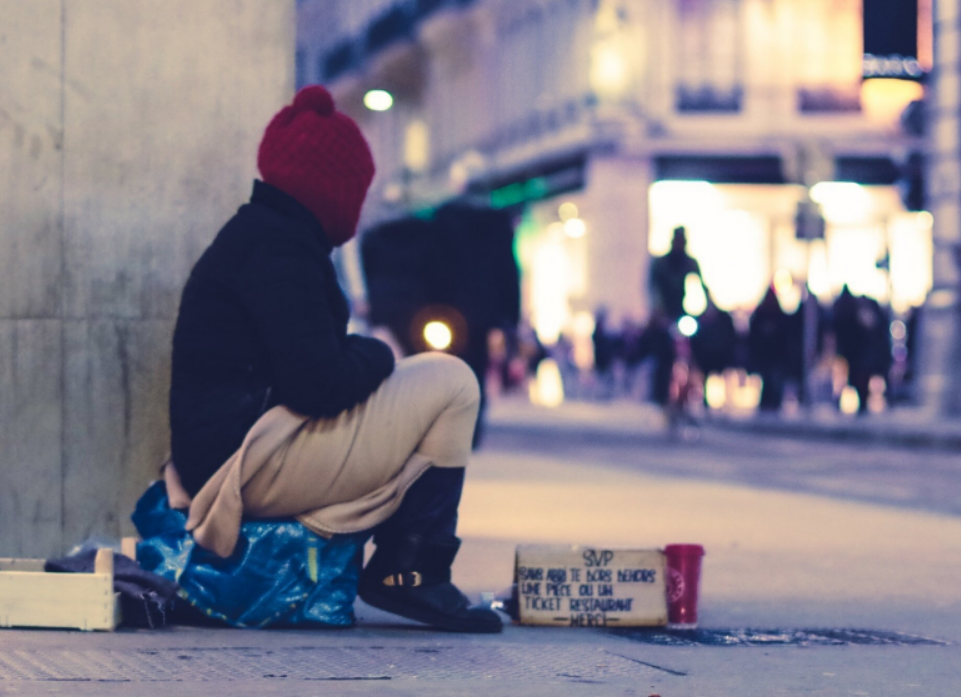Understanding Homelessness and Loneliness
“I pass the same guy every morning and he’s playing his radio so loud I don’t know how he can stand it.”
Knowing I work with the unsheltered population, friends and family often share their experiences with me, which I encourage in all my circles — and for which I’m so appreciative. Conversations regarding shared experiences are imperative. When my friend Bridget mentioned the guy and his loud radio the other day (between trivia questions), another friend who has worked in the field for some time replied “Music, talk radio, social media, etc. are often the only dependable companions some folks have. Not to mention the benefits of quieting some of the inner voices, which can be haunting.” The conversation then turned to how lonely and isolating homelessness is for individuals and how even a small sense of community can make the difference for survival.
The experience of homelessness can often lead to feelings of loneliness due to several factors:
Social isolation: Homeless individuals may face social isolation as they are often disconnected from their family, friends, and support networks. They may have lost touch with loved ones or may have strained relationships, which can contribute to feelings of loneliness.
Stigma and discrimination: Homelessness is often accompanied by social stigma and negative stereotypes. Homeless individuals may experience rejection, judgment, or mistreatment from others, leading to further isolation and feelings of loneliness.
Lack of stable relationships: Homelessness frequently disrupts or strains existing relationships, making it challenging to maintain close connections. People experiencing homelessness may struggle to establish and maintain stable friendships or intimate relationships due to the instability and transitory nature of their living situations.
Mental health issues: Homelessness is associated with higher rates of mental health challenges, including depression, anxiety, and post-traumatic stress disorder (PTSD). These conditions can exacerbate feelings of loneliness and make it more difficult to engage socially. It’s important to note that mental illness doesn’t generally lead to homelessness but can be a major factor in transitioning back to housing.
Lack of social support: Homeless individuals often lack access to consistent social support systems, such as counseling, therapy, or support groups. Without these resources, they may find it challenging to cope with their circumstances and form meaningful connections with others.
Limited opportunities for social interaction: Homelessness can restrict opportunities for socializing and engaging in activities that foster connections. The struggle to meet basic needs like finding shelter, food, and employment often consumes much of their time and energy, leaving little room for socializing and building relationships.
The role Listening House plays for persons experiencing homelessness shouldn’t be underestimated. The opportunity to be welcomed by a few friendly smiles, enjoy a meal or two, and relax for a bit among some familiar faces can help ease the feelings of loneliness and provide the sense of community that’s missing.
About the Author:
Molly Jalma is Listening House’s executive director.
Read more:
- The Vicious Cycle of Loneliness in Homelessness
- ‘I was all on my own’: experiences of loneliness and isolation amongst homeless people (pdf)
